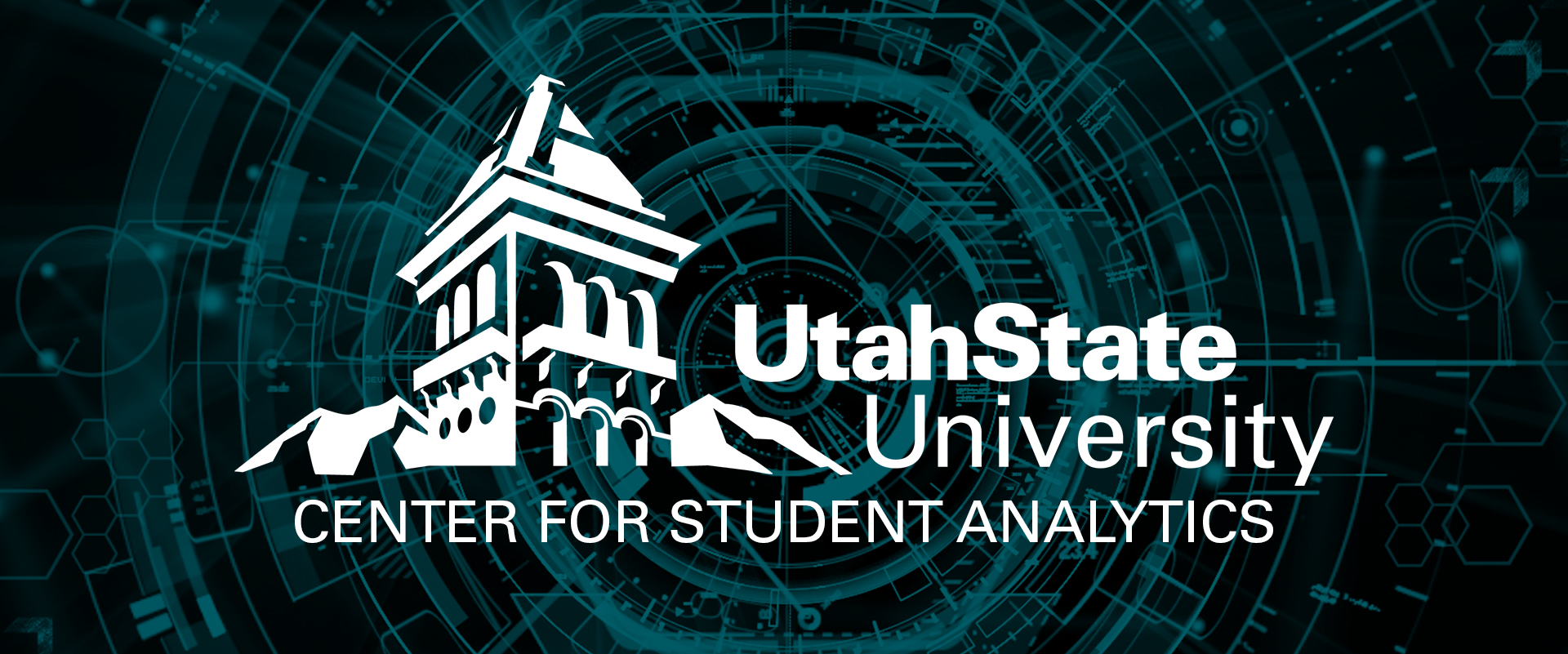Document Type
Report
Publication Date
Spring 1-2020
Abstract
Introduction: First-generation students lag behind continuing-generation peers in terms of graduation rates and average time to graduation. This phenomenon has been extensively studied in higher education with the intent of closing the gap seen between generational statuses. Utah State University provides services to support first-generation students. In the 2018/2019 academic year, USU initiative a full-kit initiative to help first-generation student participate in several proven first-year student milestones. This report explores the impact of full-kit use of services and the individual impact of each service on first-generation student persistence. METHODS: Students who self-identified as first-generation on their USU application were invited to participate in the Aggie First Scholars (AFS) program. AFS was developed to support first-generation students during their first academic year through peer mentoring. The program developed a full-kit of services believed to support first-year success. These programs included Complete a FAFSA Meet with an advisor Initiate a degree plan Participate in Connections Complete orientation modules Additionally, students could have one-on-one or group meetings with a mentor. Students level of participation in the various programs was assessed for its impact on student persistence. AFS students were compared to similar students through prediction-based propensity score matching. This technique matched participating students with non-participants based on their persistence prediction and their propensity to participate. The differences between predicted and actual persistence rates were compared using difference-in-difference testing. FINDINGS: Students who participated in at least 4 of the AFS full-kit services were more likely to persist to the next term. Peer mentoring emerged as a significant single milestone for first-generation students.
Recommended Citation
Hagman, Amanda M.; Louviere, John; Kesler, Heidi; Beorchia, Mykel; Simmons, Lisa; and Colver, Mitchell, "Aggie First Scholars: A Quality Workforce Initiative for Promoting First-Generation Student Success" (2020). Publications. Paper 6.
https://digitalcommons.usu.edu/analytics_pubs/6
Included in
Educational Assessment, Evaluation, and Research Commons, Educational Leadership Commons, Higher Education Commons


